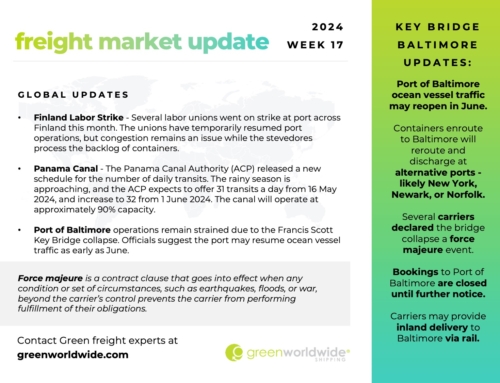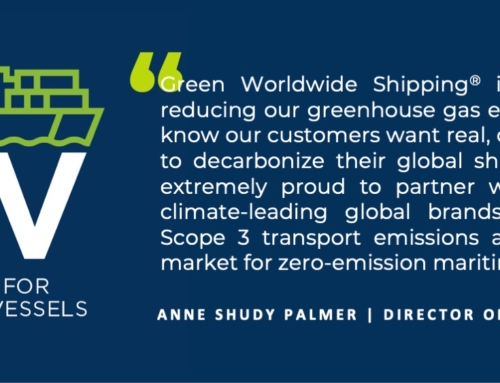A Non-Vessel-Operating Common Carrier is a shipping industry term that refers to a type of Ocean Transportation Intermediary (OTI), is often abbreviated by the industry to NVOCC, and sometimes even shorter to NVO. These two abbreviations are interchangeable and describe the same entity.
According to the Federal Maritime Commission (FMC)
A Non-Vessel-Operating Common Carrier (NVOCC) is:
- a common carrier that holds itself out to the public to provide ocean transportation, issues its own house bill of lading or equivalent document, and does not operate the vessels by which ocean transportation is provided
- a shipper in its relationship with the vessel-operating common carrier involved in the movement of cargo
An NVOCC issues its bill of lading, known as a House Bill of Lading (HBL), which contains nearly the same information as a vessel operator’s corresponding Master Bill of Lading. Each Bill serves as a contract of carriage for different parties. Before conducting any transportation services, an NVO license is required from the FMC.
Stay up-to-date on freight and trade news by following us on LinkedIn, Twitter, and Facebook. For continuous updates, make sure to check out our website at greenworldwide.com.





